Latin America is one of the fastest-growing regions in web3, where gaming, culture, and community are helping shape the future of digital ownership. At the center of this movement is Ola GG, a gaming community co-founded by Nico del Pino and Clara Bullrich in partnership with Yield Guild Games (YGG). As a sub DAO of YGG, Ola GG focuses on expanding access to blockchain gaming across the region. Through partnerships, education, and real opportunities for players, Ola GG is building new paths for financial inclusion and creativity in countries like Venezuela, Argentina, and Brazil.
In this conversation, Nico shares how Ola GG is bridging traditional and web3 gaming, empowering players through community participation, and preparing for the next evolution of blockchain-based games.
Note: This interview has been edited for length and clarity.
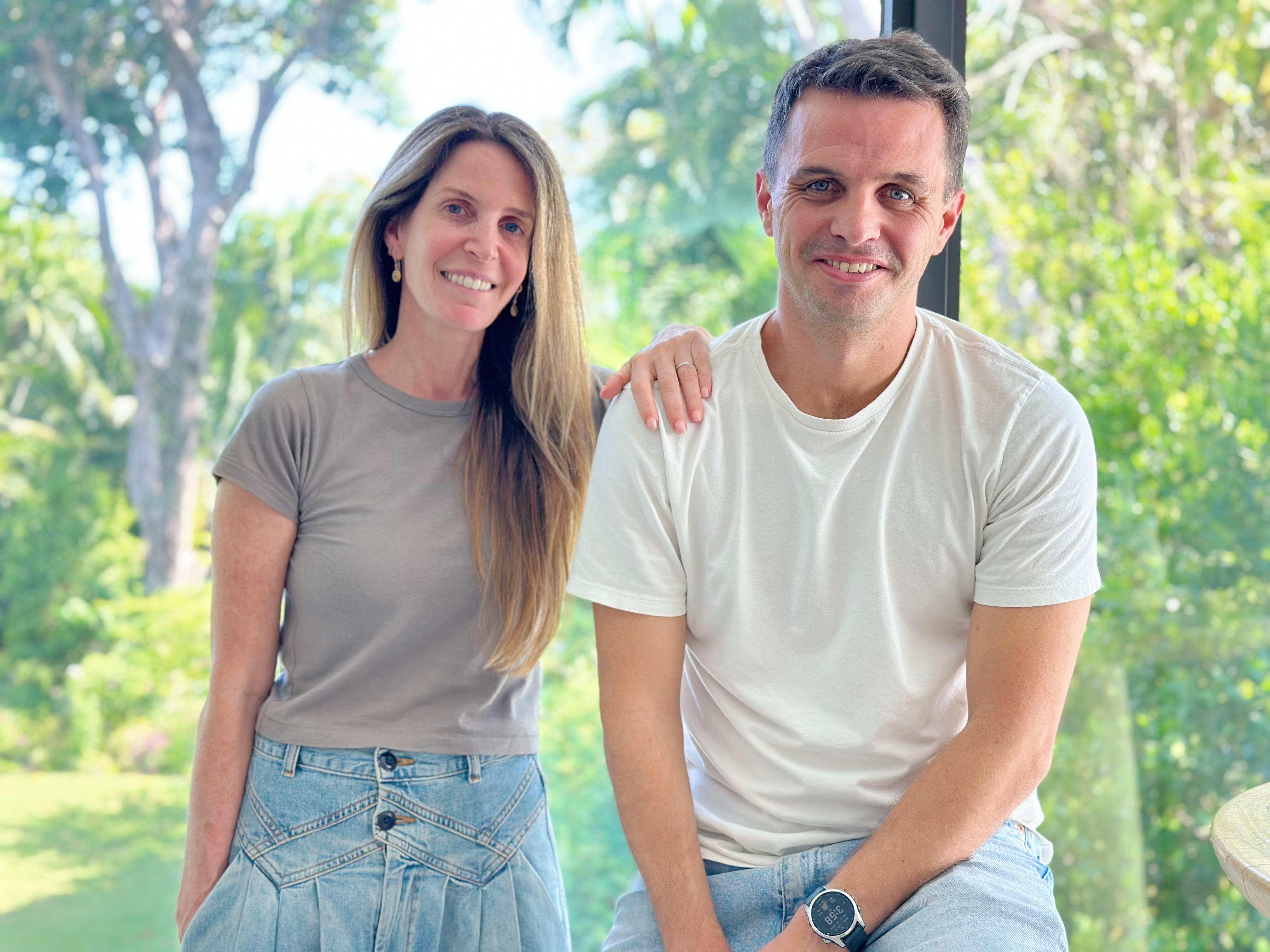
OpenSea: To start, can you tell us a little about your background and what inspired you to co-found Ola GG?
Nico del Pino: I have been building in crypto for more than ten years now. In the early days, the companies I worked with were mostly focused on finance, but I was inspired by how gaming opened the door for more people to participate beyond trading and financial products.
I became fascinated by web3 gaming and the possibilities it offers for real ownership, governance, and creating full economies inside game worlds. Back in 2021, crypto gaming really took off when Axie Infinity became popular. I have been friends and partners with Gabby Dizon from YGG for a long time, and when YGG introduced the scholarship model in the Philippines, allowing locals to play for free and share earnings, I thought it was an amazing example of financial inclusion.
My partner Clara and I felt passionate about bringing that kind of opportunity to Latin America. Ola GG was founded as a partnership between us and YGG to expand into the region. We debated whether to operate as YGG Latin or create something independent. In the end, we wanted to tell our own story and build something unique to Latin America, so we launched Ola GG. That was more than four years ago.
OpenSea: For readers new to Ola GG, what is your mission and what makes it stand out from other web3 gaming communities?
Nico del Pino: Our mission is to create financial inclusion through gaming in Latin America. We are building a DAO where our community can participate directly in our business and revenue model.
We partner with blockchain games and companies that want to expand into Latin America. We help them with branding, user acquisition, and operations. Every service we provide is translated into community opportunities. Members can become game ambassadors, content creators, writers, tournament organizers, or event hosts.
People join Ola to have fun, meet others, and compete, but also to work and find a path into the web3 gaming industry.
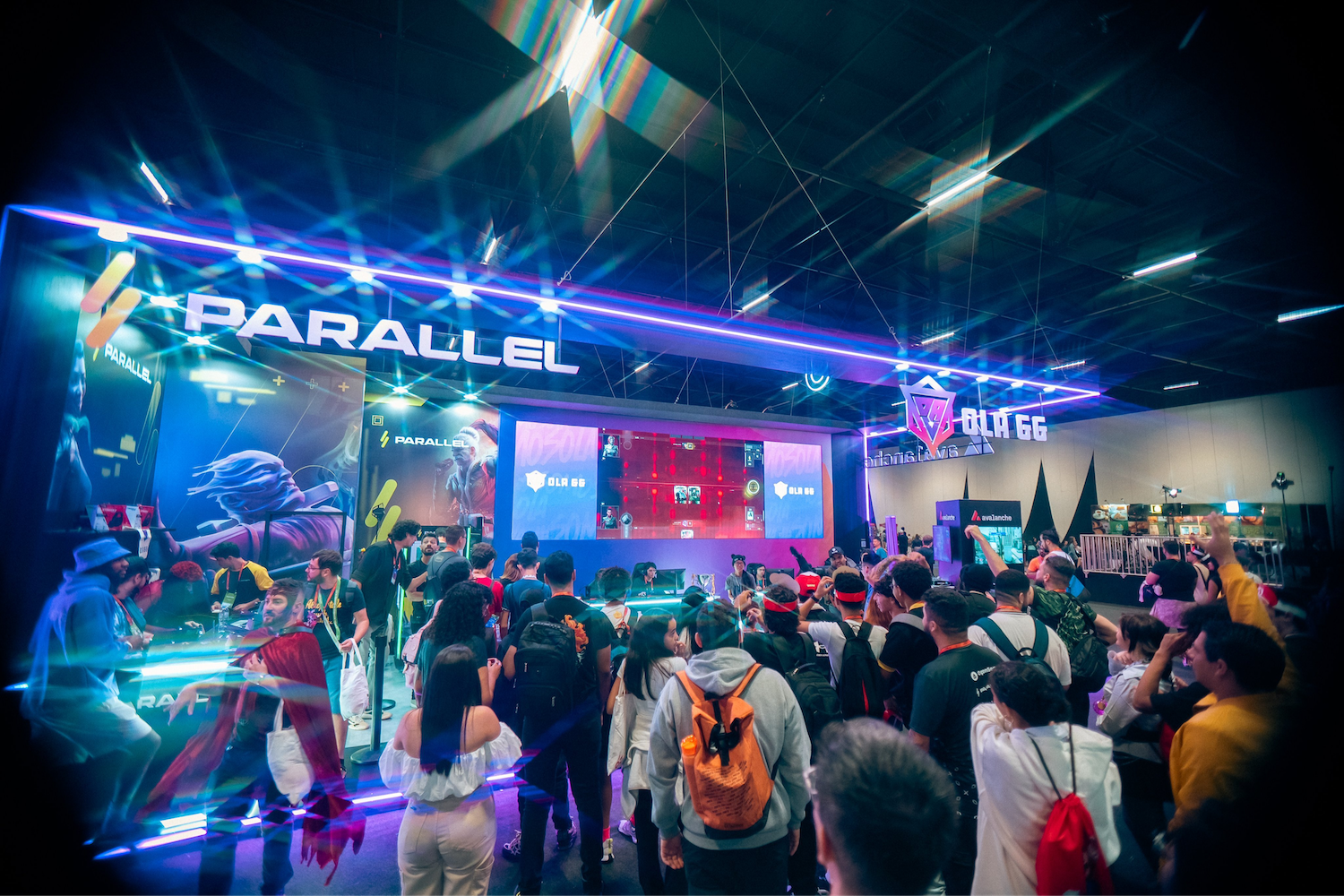
OpenSea: How do you approach onboarding people in Latin America into web3? Are most of them traditional gamers or already familiar with crypto?
Nico del Pino: That is an interesting question. Web3 adoption in Latin America is already very strong, but that is mostly due to local economic challenges. Many countries deal with high inflation, corruption, and restrictions on trading foreign currencies. For example, if you live in a place with 100 percent inflation, you may want to buy U.S. dollars to protect your income, but in many cases you cannot do that through a bank.
Crypto gives people a way out. It allows them to trade stablecoins and other digital assets more freely. So there is a large audience that already understands wallets, blockchain networks, and digital currencies.
At the same time, most people in the region are gamers. The challenge is that web3 gaming has often been associated with speculation, instead of pure fun. Gamers want to play, and when they are asked to set up a wallet or deal with bugs, it can create friction.
At Ola, we have been working to bridge that gap. We participate in traditional gaming events like Gamescom, Brazil Game Show, and Argentina Game Show to connect both worlds. We also hosted our first esports league, the Ola Cup, which featured the web3 game Wildcard by Arbitrum. Participants voted on rules, handled payments in USDC, and competed for real prizes. We worked with traditional esports teams, such as Team Liquid, Heretics, Red Canids, Vasco, Oxen, W7M, in the region to showcase web3 gaming to their audiences.
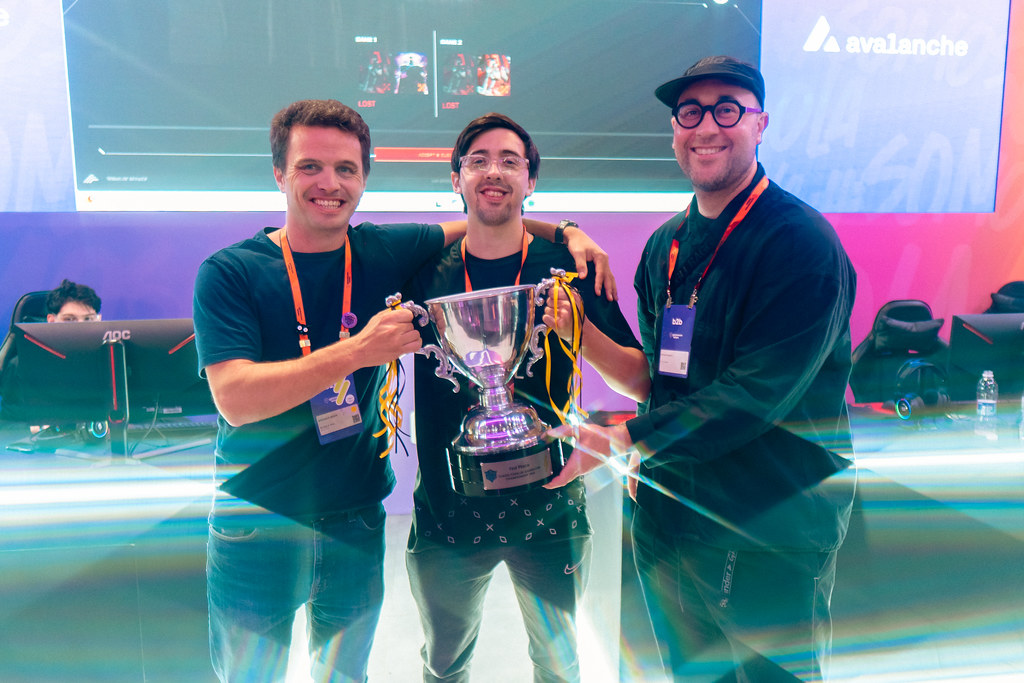
OpenSea: Ola GG started with a scholarship model where players could borrow NFTs to play. Do you still use that model today?
Nico del Pino: That was our original model. In the beginning, we purchased NFTs at scale and lent them to players who wanted to participate in web3 games. Back then, most games required you to buy an NFT just to start playing. That model no longer makes sense today.
Now, most games are free to play. You can log in with social accounts or find them on platforms like Steam or PlayStation. The barriers to entry are much lower.
OpenSea: So are NFTs still part of Ola GG’s work today?
Nico del Pino: Yes, but in a different way. NFTs are now used for special upgrades or unique items. We have also issued non-transferable soulbound tokens with art and are exploring our own NFT-based game, although it is still early.
OpenSea: Community seems central to Ola GG’s model. What strategies have been most effective in growing and keeping your community engaged?
Nico del Pino: Transparency is key. We have always been clear about what we can and cannot do, and we encourage the community to have a voice. We have not issued a governance token yet because we want it to have real value for our members, but we already make many decisions with community input.
Our platform includes a voting section where players can participate in choices that affect our tournaments, events, and even broader decisions about how we operate.
OpenSea: Are there any partnerships or upcoming events that you are particularly excited about?
Nico del Pino: Yes. We recently wrapped up a partnership with Arbitrum, which hosted the Ola Cup. We had teams like Team Liquid and Team Heretics competing in Wildcard, and it was an incredible experience.
We are also collaborating with UNICEF on a social impact project in São Paulo. We hosted a tournament and are developing a curriculum that combines web3 gaming education with competition. The goal is to show people that the gaming industry offers opportunities not just as players or professionals, but across many roles.
In November, the Ethereum Foundation’s Devconnect and Devcon events will take place in Buenos Aires for the first time. This is very exciting for us since it is my hometown. We will have a strong presence there with talks and panels, and we are looking for ways for community members across Latin America to participate even if they cannot attend in person.
OpenSea: The Ola Cup featured professional esports teams. How do you balance professionals and community members in these events?
Nico del Pino: That was an important question for us. The team from Brazil, Vasco da Gama, won the Ola Cup and will travel to Atlanta to compete at DreamHack. There were real prizes, including a prize pool and the chance to play internationally.
But for us, the focus was also on education and awareness. We asked teams not only to compete but also to create content to introduce Wildcard to their audiences. The game is new, so even pro players were learning from scratch. Combining competition with content creation made the experience more inclusive and engaging.
OpenSea: You mentioned content creation. Is it mainly distributed on X, YouTube, or other platforms?
Nico del Pino: TikTok is our biggest channel right now. We are close to one million followers and are one of the largest gaming accounts in Latin America. We also publish content on Twitch, YouTube, Instagram, and X.
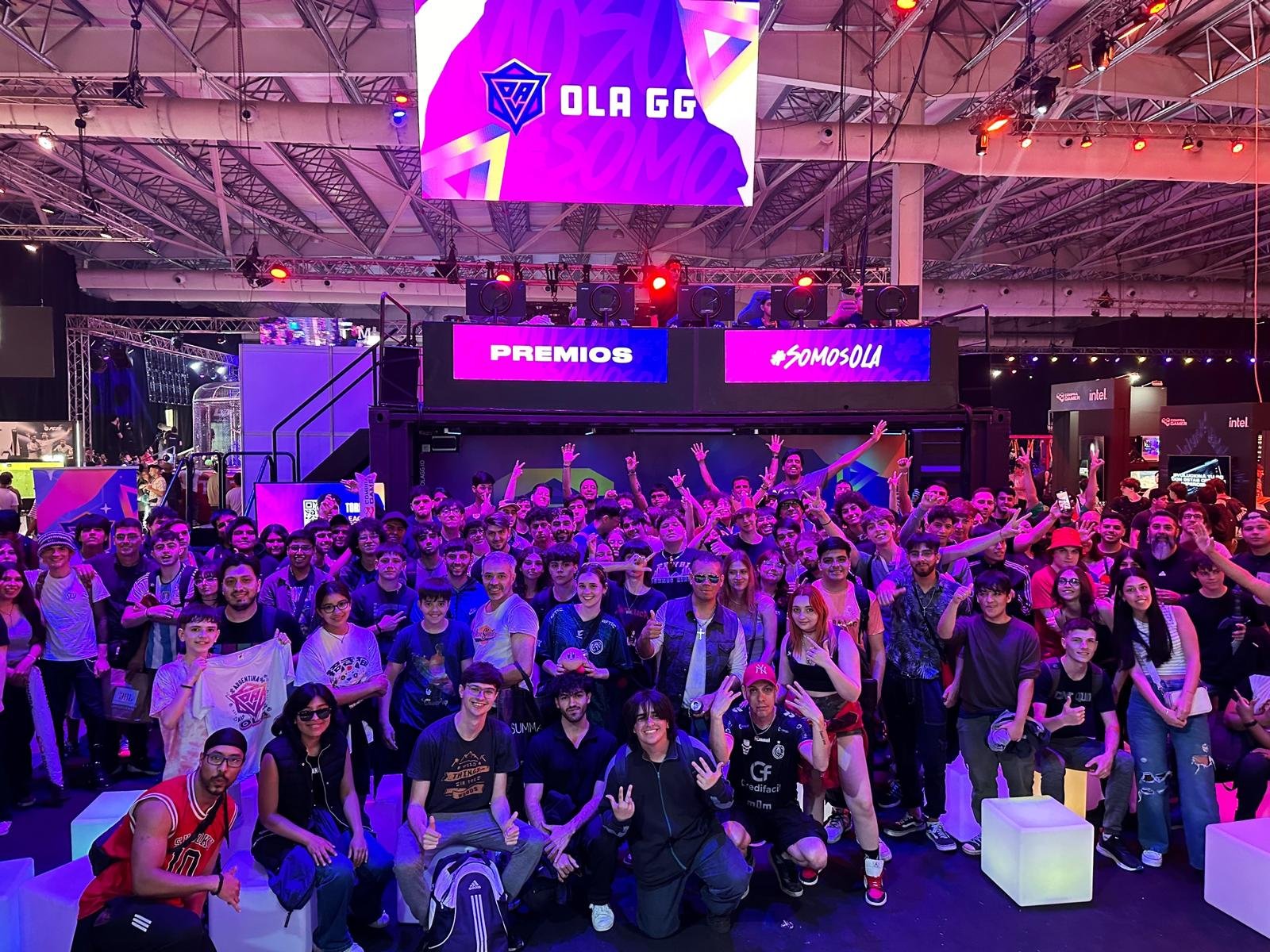
OpenSea: How do you think about balancing the play-and-earn aspect of web3 gaming with making the experience sustainable and fun?
Nico del Pino: That is the big question. In the early days, tokens were used as marketing tools to attract players, but that is not sustainable long term. Eventually, a game needs to prove it offers real value so that players are willing to spend on it, whether that means NFTs or other in-game items.
What excites me about web3 gaming is that it allows for real digital economies that run on top of the game. On the Ola platform, for example, people can sign up to create content or write articles and get paid in tokens. It is a practical use of blockchain that rewards contribution and creativity.
Different models are still being tested. Some games now use blockchain as the underlying payment infrastructure, distributing revenue to NFT holders who act almost like investors in the game. We are still in an experimental phase, but the potential is huge.
OpenSea: What trends or shifts do you think will define the next phase of web3 gaming, and how is Ola preparing for them?
Nico del Pino: We are in a great position after years of building our community and platform. We are exploring the idea of developing our own games, guided by our community. It is still early, but we are testing ideas and hope to share updates soon.
Web3 gaming is evolving fast. A few years ago, many believed play-to-earn was the future, but that model was not sustainable. The next generation of web3 games is more thoughtful and better designed for long-term value. I am excited to see how the industry matures and how we can help shape it.
OpenSea: Thank you for sharing your story with us!
Nico del Pino: Thank you.
Disclaimer: This content is for informational purposes only and should not be construed as financial or trading advice. References to specific projects, products, services, or tokens do not constitute an endorsement, sponsorship, or recommendation by OpenSea. OpenSea does not guarantee the accuracy or completeness of the information presented, and readers should independently verify any claims made herein before acting on them. Readers are solely responsible for conducting their own due diligence before making any decisions.
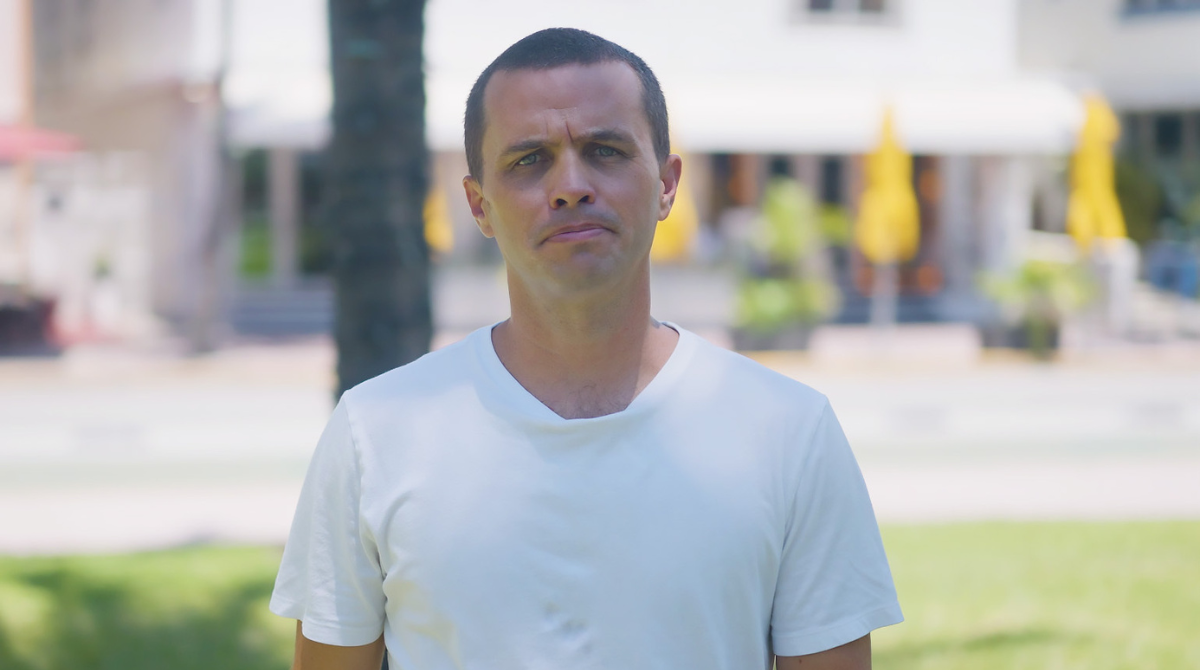


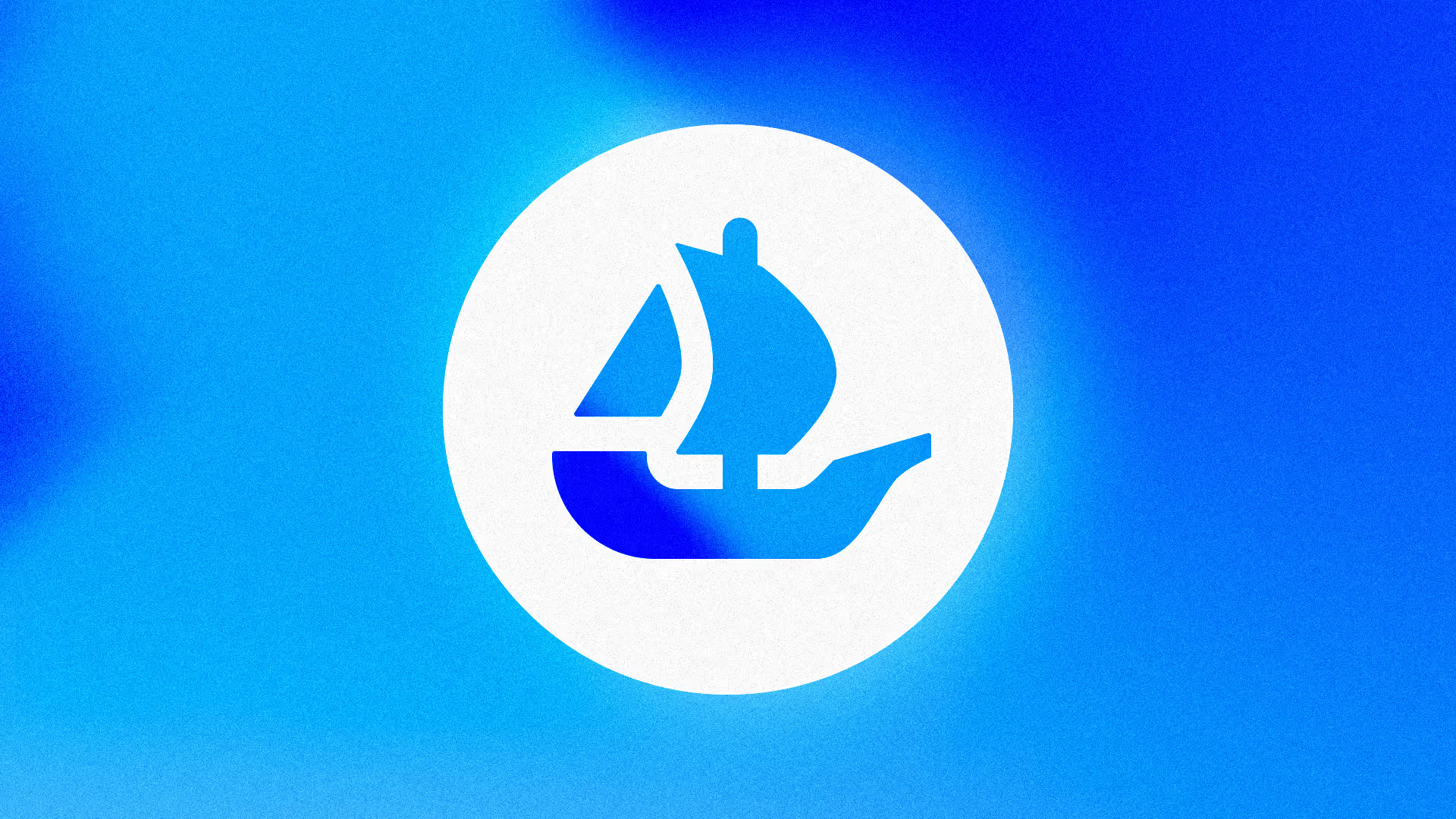
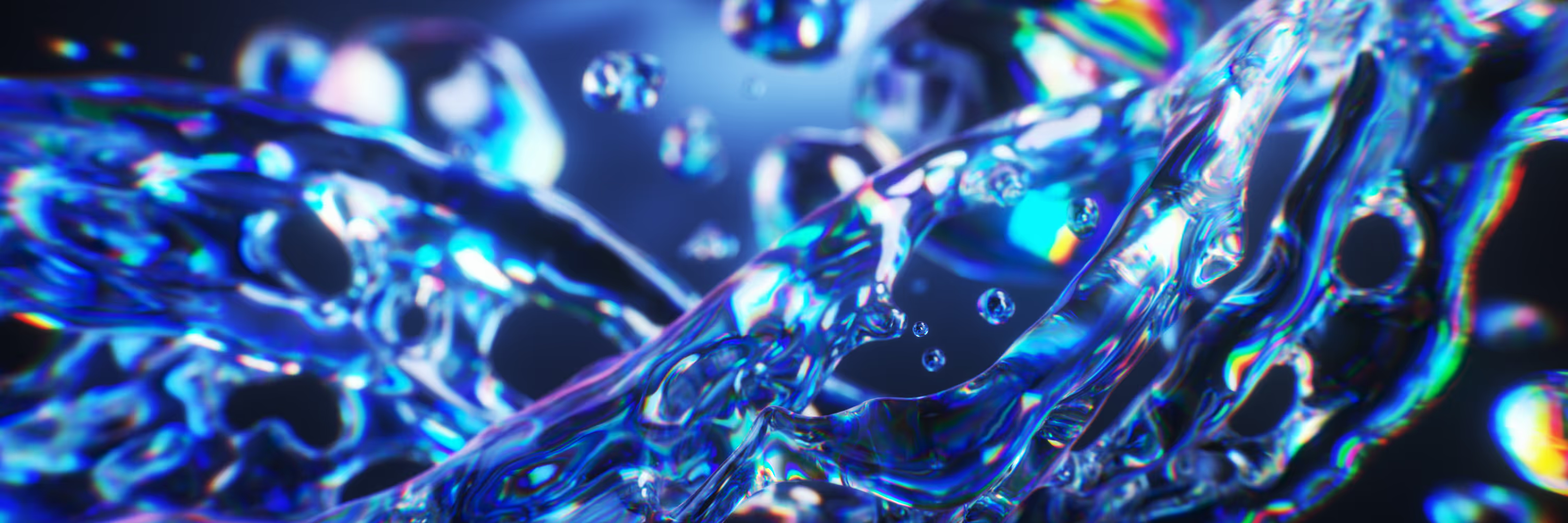
.avif)
.png)
.png)
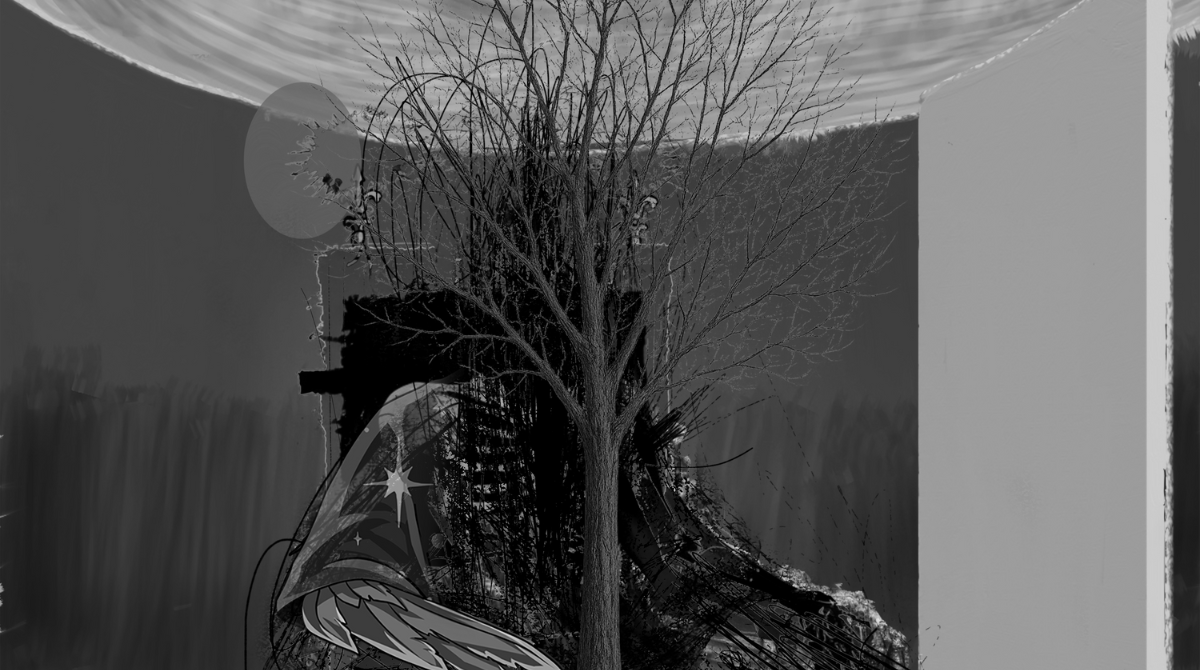

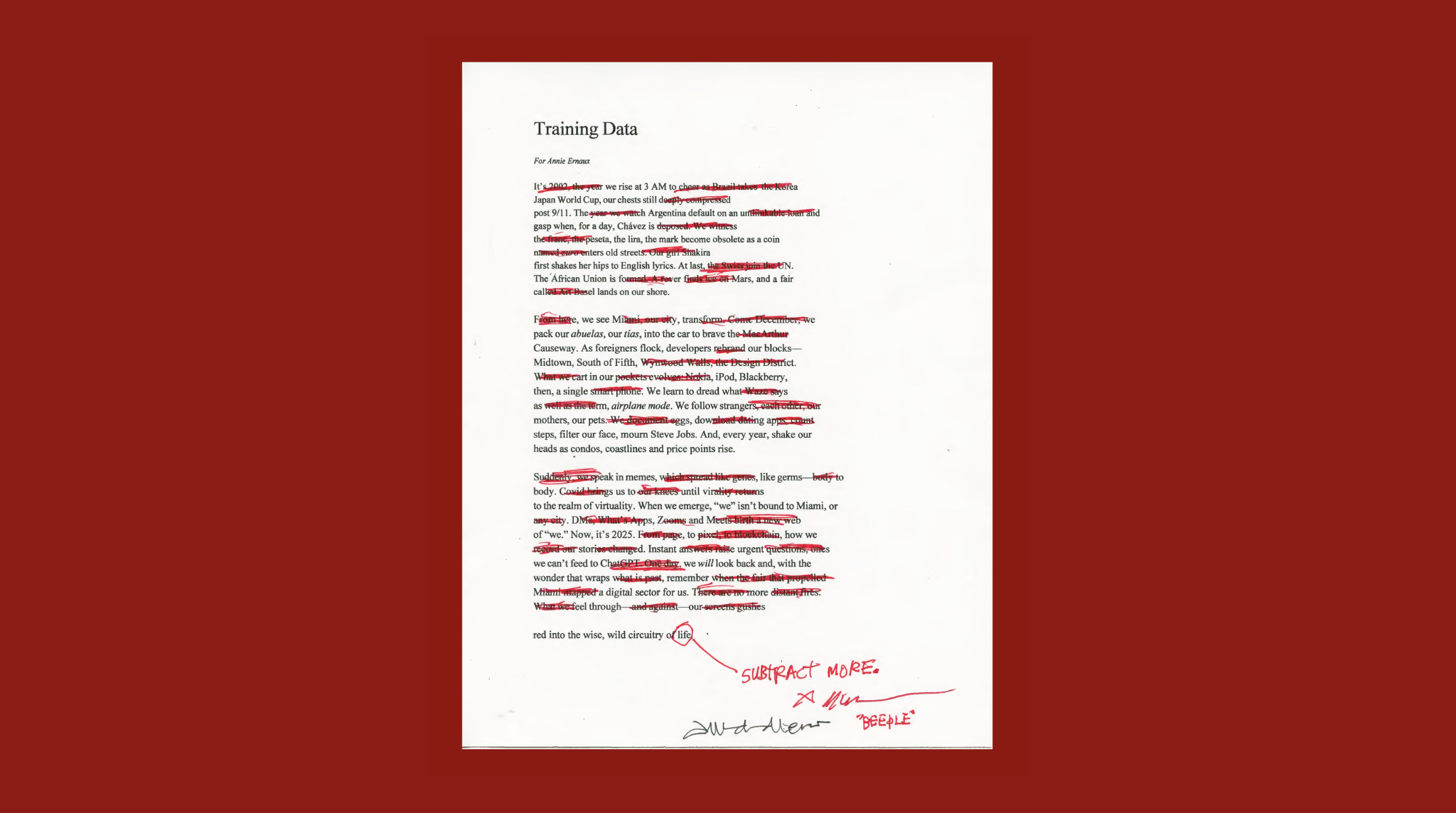
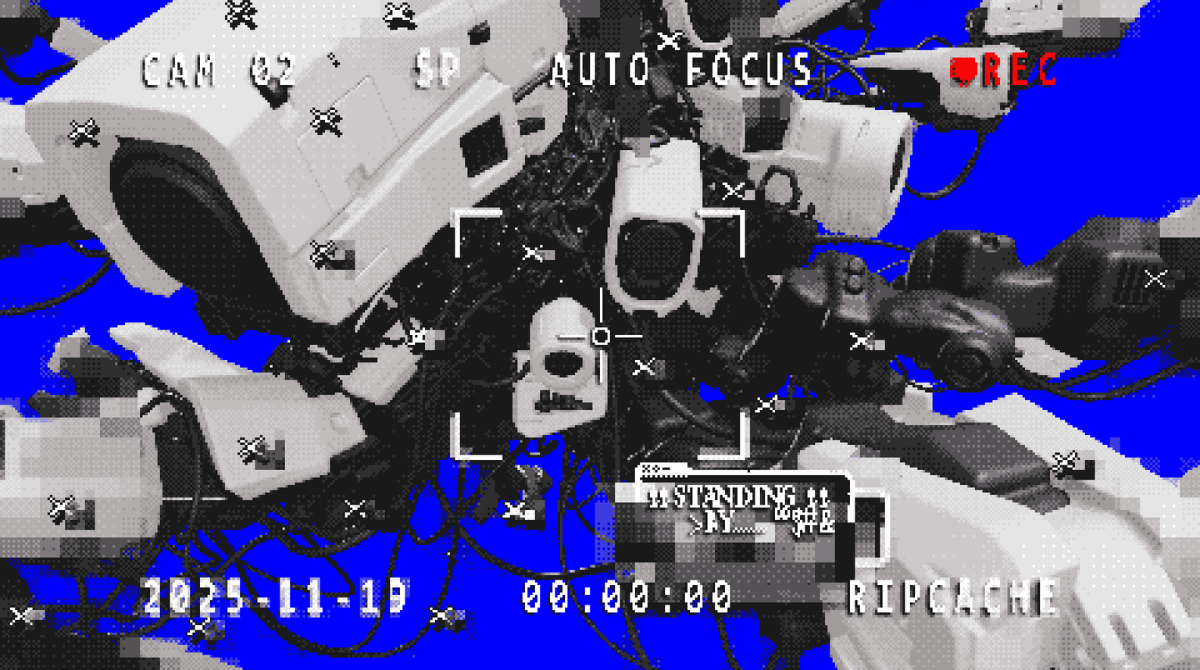
.png)
.png)